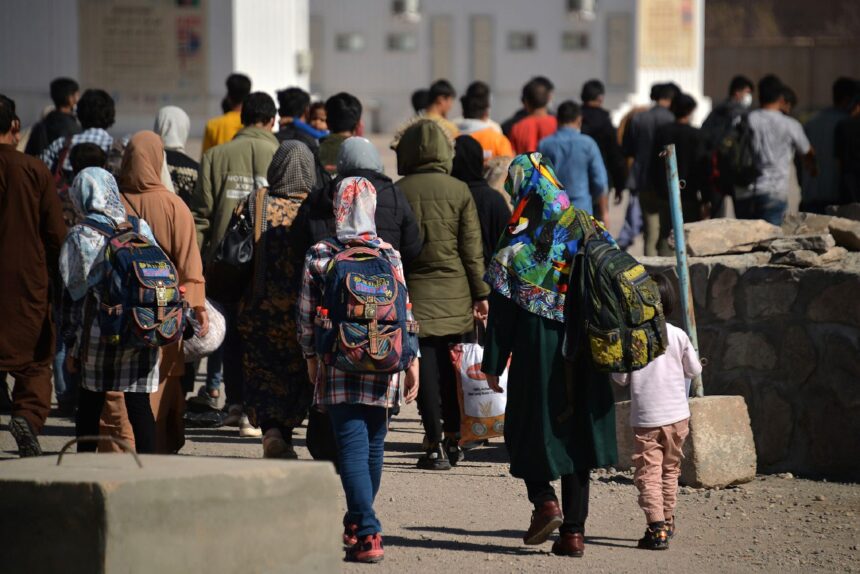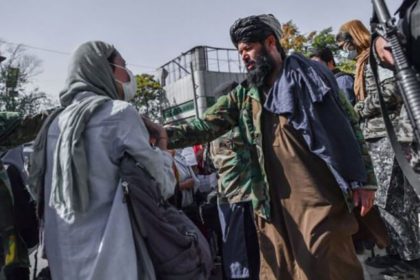RASC News Agency: The Taliban’s Ministry for Refugees and Repatriation has claimed that over 5 million Afghanistani migrants have returned to the country in the four years since the group’s return to power an assertion widely viewed with skepticism by migration experts and international humanitarian agencies. According to Abdul Muttalib Haqqani, the Taliban’s spokesperson for the ministry, these returnees have arrived from Iran, Pakistan, and Turkey either voluntarily or as a result of large-scale deportations carried out by host countries. He claimed that among them were over 310,000 families, totaling more than two million individuals, alongside roughly two million single adult migrants. He also alleged that the Taliban had provided over one billion kabuli rupees in direct cash support to facilitate their reintegration.
Haqqani blamed neighboring countries for their treatment of Afghanistani migrants, stating that both Iran and Pakistan had significantly tightened restrictions and accelerated forced deportations, while Turkey had also resumed frequent expulsions. Despite the Taliban’s narrative of “voluntary return,” independent data tells a vastly different story. According to the United Nations and a wide range of international migration monitors, more than eight million Afghanistani citizens have fled the country since the Taliban’s violent takeover in August 2021 a number that dwarfs the group’s claims of repatriation.
These mass departures include a wide range of vulnerable populations: women and girls deprived of education, journalists under threat, former government employees fearing retribution, minority groups, civil society activists, and thousands more who see no future under the Taliban’s brutal theocratic rule. Observers say the Taliban’s claims are part of a broader effort to whitewash the ongoing humanitarian catastrophe and legitimize a regime that continues to operate outside international norms, suppress civil liberties, and perpetrate gender apartheid.
“This is not a story of safe return. It is a story of forced expulsion and strategic misrepresentation,” said one Kabul-based human rights researcher. “Returnees are not coming back to opportunity they’re being sent back into poverty, repression, and fear.” While the Taliban boasts of cash assistance and resettlement programs, on-the-ground reports indicate widespread dysfunction. Most returnees find themselves without housing, employment, healthcare, or legal documentation. Makeshift settlements along border provinces are overcrowded and under-serviced, with no meaningful infrastructure to absorb the returnees.
Meanwhile, deported migrants particularly those expelled from Iran frequently arrive in a state of physical and emotional exhaustion, often having endured harassment, detention, and abuse. The Taliban has made no genuine efforts to coordinate with international agencies to address this deepening crisis. Analysts point out that the ongoing wave of mass migration is not a byproduct of regional instability alone, but a direct consequence of Taliban policies. The group’s banning of girls’ education, public executions, stoning, media censorship, and destruction of the judicial system have left many with no option but to flee.
“The only consistent trend since the Taliban’s return to power is that people educated, poor, religious minorities, former officials are all leaving. Those who return do so not out of choice, but due to deportation or despair,” said a migration analyst at a European-based policy institute. The international community continues to call for an immediate halt to forced deportations of Afghanistani migrants, arguing that Afghanistan remains deeply unsafe and unfit for return under a regime that not only lacks legitimacy but continues to weaponize human suffering for political gain.






